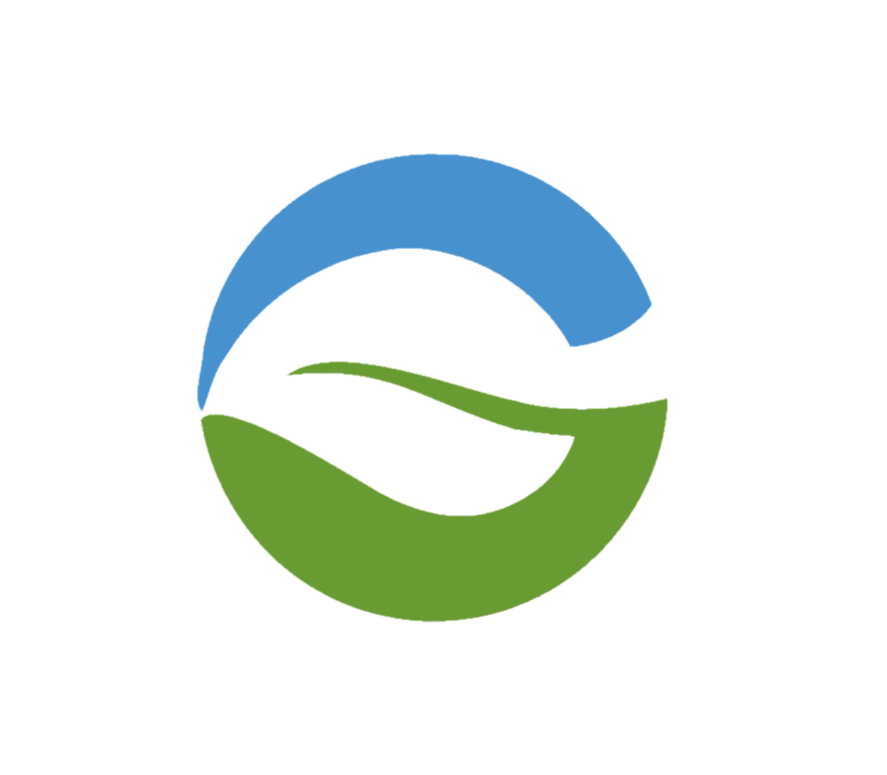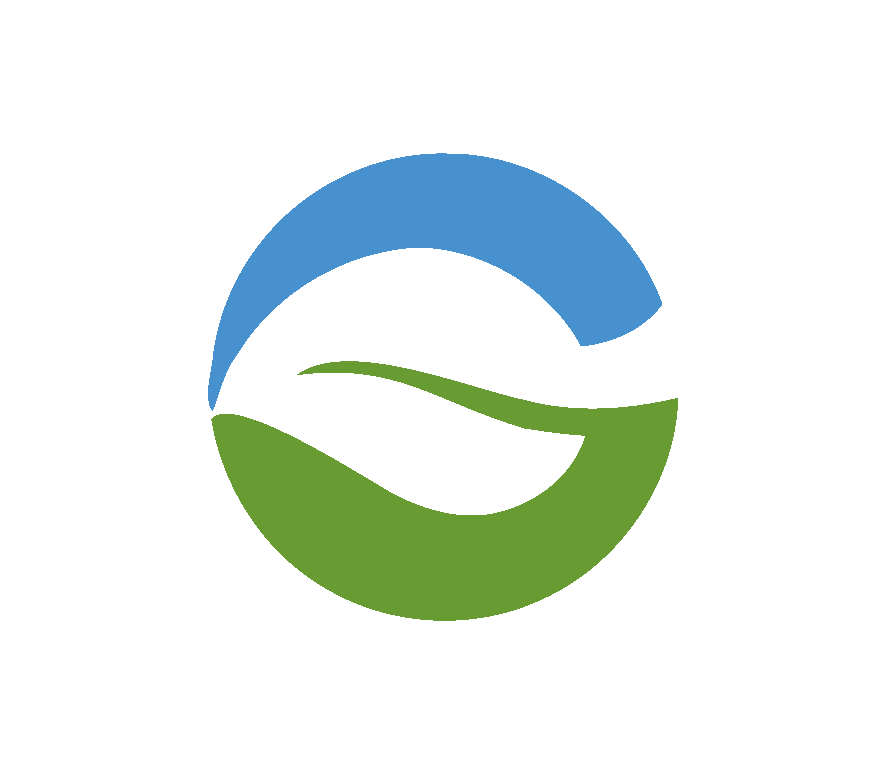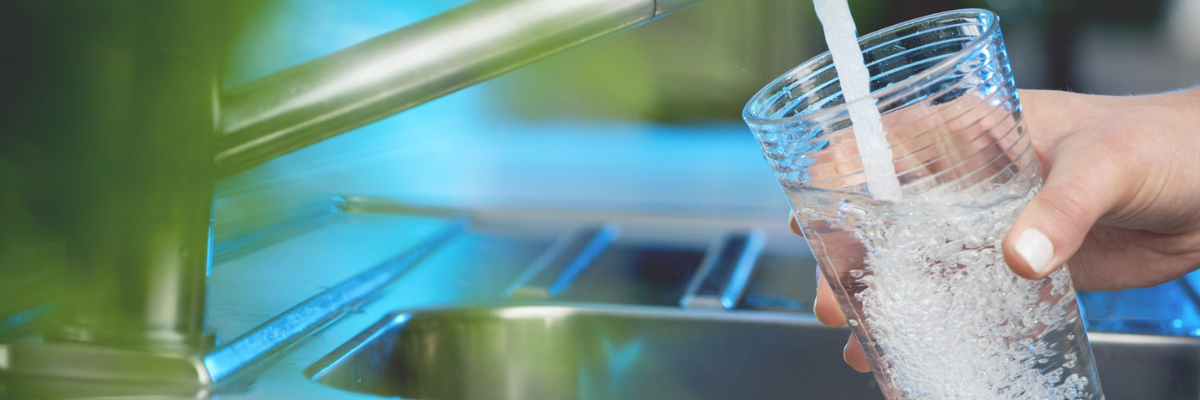The main differences between Reverse Osmosis (RO) water and Demineralized (DM) water relate to their purification processes, the level of purity, and the types of contaminants they remove. Here’s a detailed comparison:
1. Purification Process:
- RO Water: Reverse Osmosis uses a semi-permeable membrane to remove contaminants from water. It works by applying pressure to force water through the membrane, allowing water molecules to pass through while blocking larger ions and particles.
- Demineralized Water: Demineralization (also called deionization) removes dissolved mineral ions (such as calcium, magnesium, sodium, and chloride) through ion exchange processes. It uses resin beds to exchange unwanted ions with hydrogen and hydroxide ions.
2. Type of Contaminants Removed:
- RO Water: RO systems remove a wide range of impurities, including dissolved salts, organic materials, heavy metals, and some bacteria and viruses. However, RO may leave behind some dissolved gases and volatile organic compounds (VOCs).
- Demineralized Water: DM systems specifically target ions (charged particles) like minerals and salts. They do not effectively remove organic compounds, bacteria, viruses, or particles unless combined with other filtration methods.
3. Level of Purity:
- RO Water: RO typically produces water with very low total dissolved solids (TDS) levels, but trace amounts of dissolved salts and other impurities may remain.
- Demineralized Water: DM water is often purer than RO water in terms of dissolved mineral content, as it removes virtually all ions, resulting in water with near-zero conductivity. However, non-ionic contaminants may still be present.
4. Application:
- RO Water: RO water is commonly used for drinking water, household water filtration, and industrial applications that require low TDS water. It is also used in aquariums, food processing, and pharmaceutical production.
- Demineralized Water: DM water is primarily used in industrial applications requiring ultra-pure water, such as boiler feedwater, chemical production, and in laboratories. It is also used in processes that need water free from ionic contaminants.
5. Energy and Waste:
- RO Water: RO systems require energy to apply pressure and can generate wastewater during the process (often around 25-50% of water is wasted depending on the system).
- Demineralized Water: DM systems do not typically waste water in the same way, but the resins used in demineralization need periodic regeneration with chemicals like acid and caustic soda.
6. Taste and Health:
- RO Water: RO water often has a neutral taste, and some systems include a remineralization stage to improve taste by adding back beneficial minerals.
- Demineralized Water: DM water lacks all mineral content, making it taste flat or bland. Drinking demineralized water is not recommended for long-term consumption, as it lacks essential minerals required by the body.
7. Cost:
- RO Water: RO systems tend to be less expensive to maintain in the long term, especially for household use, but the upfront cost can be higher.
- Demineralized Water: DM systems, particularly those used in industrial settings, can require more frequent maintenance and resin regeneration, making them more expensive over time.
Summary:
- RO Water: Removes a broad range of contaminants, including minerals, organics, and some microorganisms, but with moderate purity in terms of dissolved ions.
- DM Water: Removes only ions and minerals, resulting in highly pure water but requires additional treatment for organic compounds or pathogens.
RO water is more commonly used for general drinking and household applications, while DM water is preferred for specific industrial applications where mineral-free water is essential.



Recent Comments